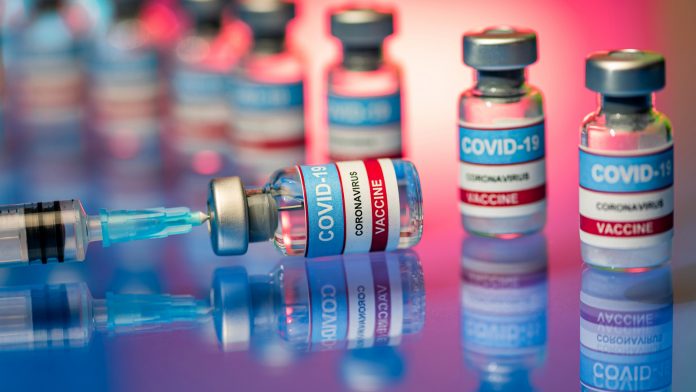
A group of industry-leading health experts has concluded that COVID-19 booster vaccines are not yet needed to combat the pandemic.
The international team of scientists, which included specialists from the World Health Organization (WHO) and the US Food and Drug Administration (FDA), believe that due to the robust efficacy of current vaccines, COVID-19 booster vaccines are not currently a necessity.
Their review, published in The Lancet, employed a range of evidence from controlled trials and observational studies, finding that even for the Delta variant, vaccine efficacy is so high that COVID-19 booster vaccines are not appropriate for the general population at this stage of the pandemic.
Exceptional vaccine efficacy
The team identified that vaccines are highly effective against severe COVID-19, including all the main viral variants. Observational studies signified that vaccination has a 95% average efficacy against severe disease from both the Delta and Alpha variants, with over 80% efficacy at protecting against severe infection. The researchers found that vaccine efficacy is greater against severe disease than mild disease.
Despite vaccines being less effective against asymptomatic disease or transmission than against severe disease, unvaccinated people are still the major drivers of transmission – even in populations with high vaccination coverage – and are also those most at risk of contracting severe COVID-19.
Dr Ana-Maria Henao-Restrepo, the lead author of the study from WHO, said: “Taken as a whole, the currently available studies do not provide credible evidence of substantially declining protection against severe disease, which is the primary goal of vaccination. The limited supply of these vaccines will save the most lives if made available to people who are at appreciable risk of serious disease and have not yet received any vaccine.
“Even if some gain can ultimately be obtained from boosting, it will not outweigh the benefits of providing initial protection to the unvaccinated. If vaccines are deployed where they would do the most good, they could hasten the end of the pandemic by inhibiting further evolution of variants.”
The team also stated that even if antibody levels of vaccinated individuals reduce over time, this does not necessarily impact the efficacy of vaccines against severe COVID-19. This may be due to protection against severe disease being mediated not only by antibody response – which is generally short-lived – but also by memory responses and cell-mediated immunity, which are generally longer lived. If a stage of the pandemic arises where COVID-19 booster vaccines are required, specific circumstances will need to be identified where the benefits outweigh the risks.
Vaccinating variants
The researchers have reiterated that vaccinating large populations will increase the proportion of all cases being breakthrough cases, especially if vaccination leads to behavioural changes in people receiving them. However, the ability of vaccines to produce an antibody response against current variants highlights that these variants have not evolved to the point where they can evade the immune response induced by the vaccines.
If novel variants surface that can escape the current vaccines, they are most likely to have evolved from widely prevalent strains. This means that COVID-19 booster vaccinations designed to combat newer variants could be more effective and longer-lasting than boosters using current vaccines. This strategy is employed for influenza vaccines, where the yearly vaccine is based on the most current data on circulating strains, enhancing the chances that the vaccine will be proficient against further strain evolution.
Dr Soumya Swaminathan, WHO Chief Scientist and co-author of the study, said: “The vaccines that are currently available are safe, effective, and save lives. Although the idea of further reducing the number of COVID-19 cases by enhancing immunity in vaccinated people is appealing, any decision to do so should be evidence-based and consider the benefits and risks for individuals and society. These high-stakes decisions should be based on robust evidence and international scientific discussion.”






















